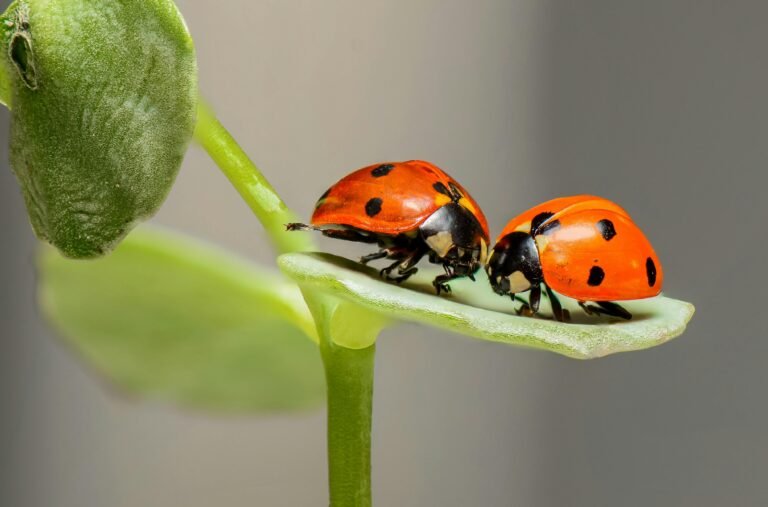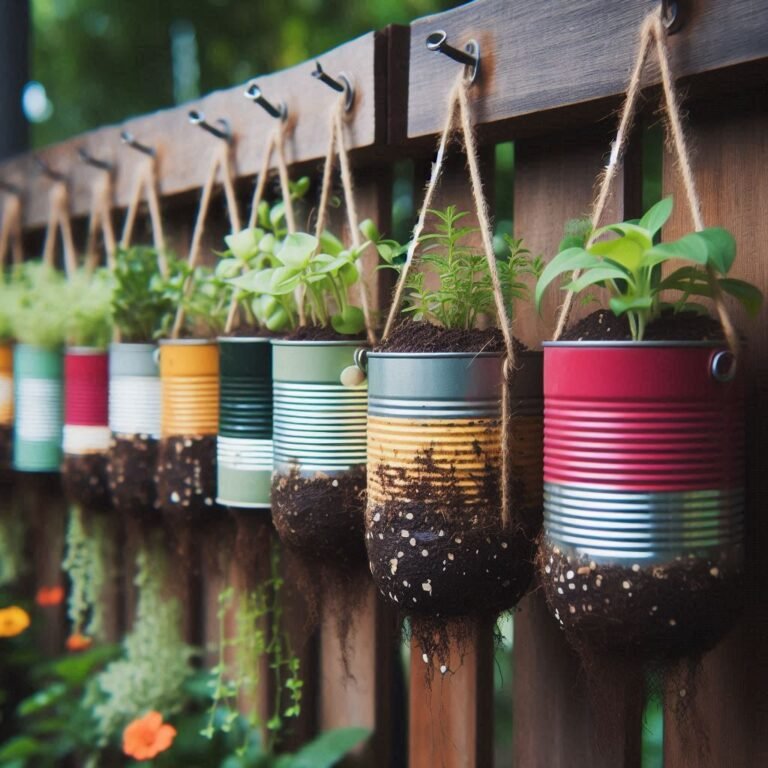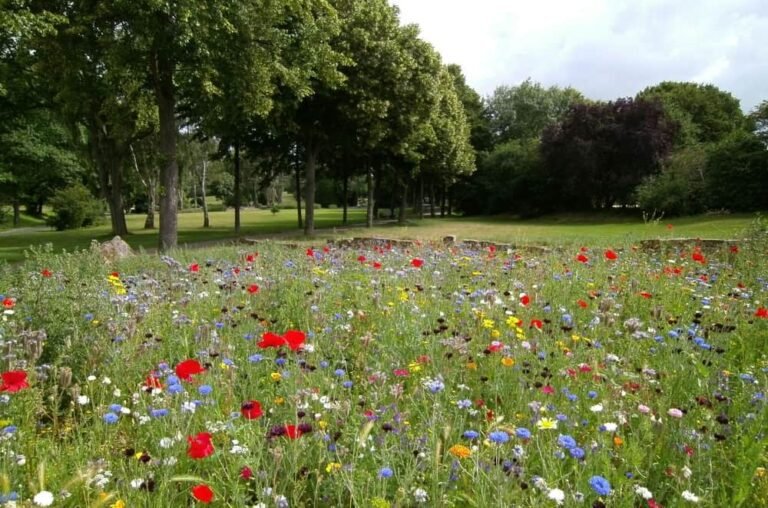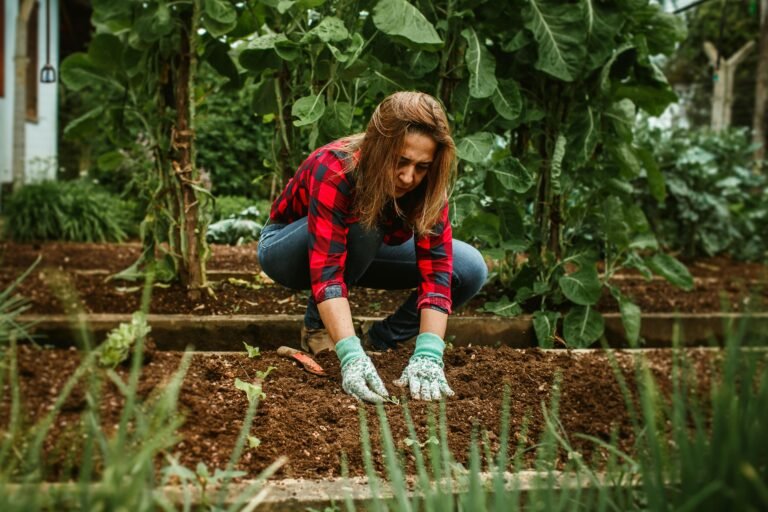Creating a Sustainable Backyard: The Ultimate Guide to Raised Gardens and DIY Eco-Friendly Projects
This article may contain affiliate links to trusted partners, which help run this site at no extra cost to you.
The Benefits of Raised Gardens
Raised gardens offer a multitude of benefits that make them an excellent choice for sustainable backyard projects. One of the primary advantages is the improvement in soil quality. By using high-quality soil mixtures in raised beds, gardeners can provide an optimal growing environment for plants, which is often not possible with native soil. This controlled environment allows for better nutrient management, leading to healthier and more productive plants.
Another significant benefit of raised gardens is enhanced drainage. Traditional ground-level gardens can suffer from waterlogging, which can damage plant roots and stunt growth. Raised gardens mitigate this issue by allowing excess water to drain away more efficiently, ensuring that plants receive the right amount of moisture without the risk of root rot.
Maintenance is also simplified with raised gardens. The defined space of a raised bed makes it easier to manage weeds, pests, and diseases. Additionally, the soil in raised gardens tends to warm up faster in the spring and retain heat longer in the fall, extending the growing season and providing a more stable environment for plant growth.
Raised gardens are known for their flexibility in design. Whether you have a small urban backyard or a sprawling rural property, raised beds can be customized to fit any space. This flexibility allows for creative and aesthetically pleasing garden layouts that can enhance the overall look of your backyard.
Moreover, raised gardens make gardening more accessible for individuals with physical limitations. The elevated height reduces the need for bending and kneeling, making it easier for seniors and people with mobility issues to participate in gardening. This inclusivity ensures that everyone can enjoy the therapeutic and rewarding experience of growing their own plants.
In summary, raised gardens offer improved soil quality, better drainage, and ease of maintenance, leading to healthier plants and higher yields. Their customizable designs and accessibility make them an excellent choice for anyone looking to create a sustainable and inclusive gardening space.
DIY Eco-Friendly Projects for Your Backyard
Creating a sustainable backyard begins with the integration of eco-friendly DIY projects. One of the simplest yet most impactful projects is building a compost bin. Utilizing organic kitchen waste and garden clippings, a compost bin can reduce landfill contributions while enriching your soil. Start by selecting a suitable location, preferably with some shade. Gather sustainable materials such as wooden pallets or repurposed plastic containers. Assemble a bin with adequate ventilation and access for turning the compost. Mixing green (nitrogen-rich) and brown (carbon-rich) materials will accelerate decomposition, providing nutrient-rich compost for your garden beds.
Another essential project is a rainwater harvesting system. Collecting rainwater not only conserves this precious resource but also reduces your water bill. Begin by installing rain barrels under downspouts to capture runoff from your roof. Ensure the barrels have secure lids and spigots for easy access. For a more advanced system, connect multiple barrels or integrate a drip irrigation setup to distribute water directly to your plants. Using food-grade barrels or recycled containers ensures both safety and sustainability.
Upcycled garden furniture can transform your backyard into a cozy, eco-friendly retreat. Old wooden crates, pallets, and even discarded metal can be repurposed into functional garden pieces. For instance, converting wooden pallets into a vertical garden or using an old bathtub as a garden bench adds character and utility. Sand and treat the materials with non-toxic finishes to extend their life outdoors. These upcycled projects not only reduce waste but also enhance the aesthetic appeal of your backyard.
Creative repurposing of household items can further minimize waste. Old utensils can be fashioned into garden markers, and used tires can become planters or garden stools. Even broken pots can be transformed into charming fairy gardens or succulent displays. The key is to view potential waste as a resource, seeking innovative ways to give it a new life.
By implementing these DIY eco-friendly projects, you contribute to a more sustainable environment while creating a beautiful and functional backyard. Each project underscores the importance of using sustainable materials and practices, ultimately fostering a deeper connection with nature and a more resilient garden ecosystem.





